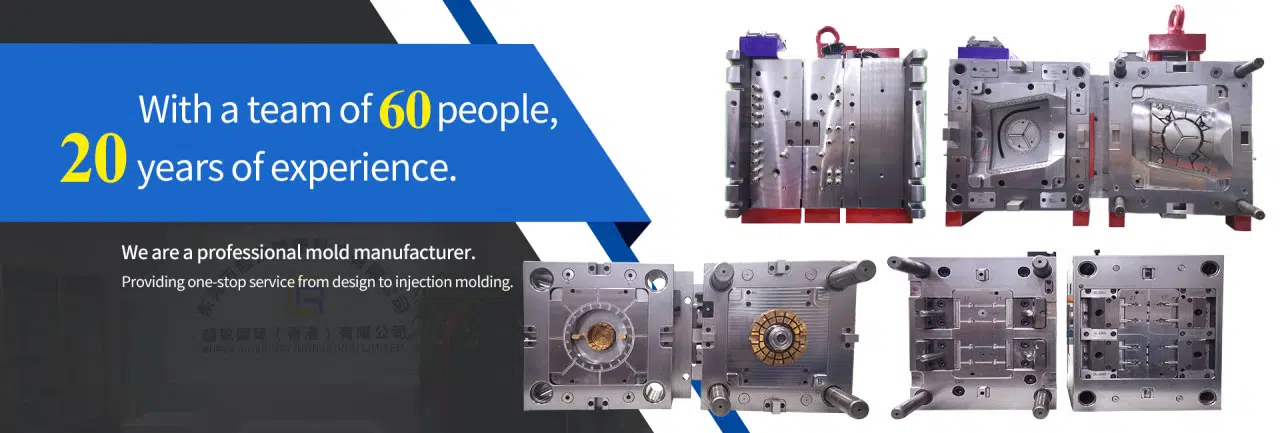
# Quality Assurance in Software Development
## The Importance of Quality Assurance
Quality Assurance (QA) plays a crucial role in software development by ensuring that products meet specified requirements and deliver a seamless user experience. Without proper QA processes, software can suffer from bugs, performance issues, and security vulnerabilities that may lead to customer dissatisfaction and financial losses.
## Key Components of QA in Software Development
### 1. Requirement Analysis
QA begins with thoroughly understanding project requirements. Teams must analyze specifications to create comprehensive test plans that cover all functional and non-functional aspects of the software.
### 2. Test Planning
A well-structured test plan outlines:
– Testing objectives
– Scope of testing
– Test methodologies
– Resource allocation
– Schedule and milestones
### 3. Test Case Development
QA engineers create detailed test cases that cover:
Keyword: Quality Assurance
– Positive scenarios (expected behavior)
– Negative scenarios (error handling)
– Edge cases (boundary conditions)
## Types of Software Testing
### Functional Testing
This verifies that each function of the software operates in accordance with requirements:
– Unit testing
– Integration testing
– System testing
– User acceptance testing (UAT)
### Non-Functional Testing
This focuses on quality attributes of the system:
– Performance testing
– Security testing
– Usability testing
– Compatibility testing
## Best Practices for Effective QA
### 1. Shift-Left Approach
Implement testing early in the development lifecycle to identify and fix issues sooner, reducing costs and improving quality.
### 2. Automation Testing
Leverage test automation for:
– Regression testing
– Performance testing
– Repetitive test scenarios
### 3. Continuous Integration and Continuous Testing
Integrate QA processes into CI/CD pipelines to enable frequent code testing and faster feedback loops.
## The Future of QA in Software Development
As technology evolves, QA practices continue to advance:
– AI and machine learning for smarter test case generation
– Increased focus on security testing
– Expansion of test automation frameworks
– Greater emphasis on user experience testing
Quality Assurance remains an essential pillar of successful software development, ensuring that products not only function as intended but also deliver exceptional value to end users.